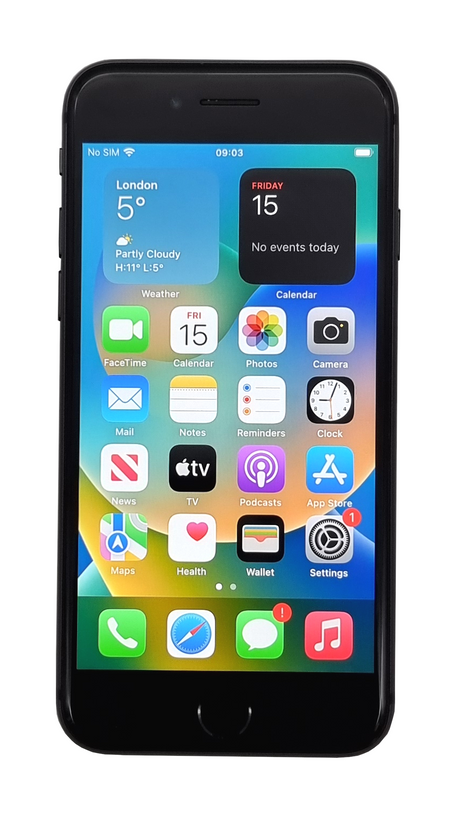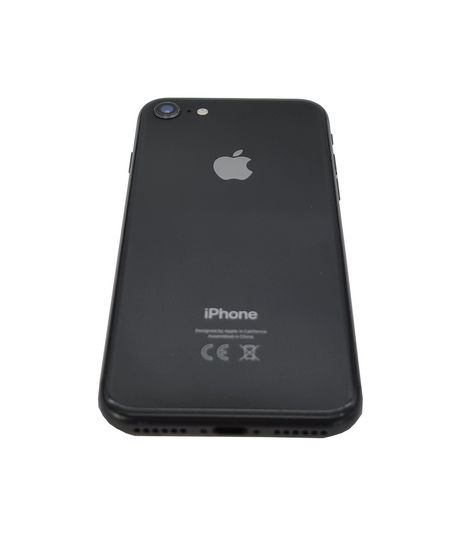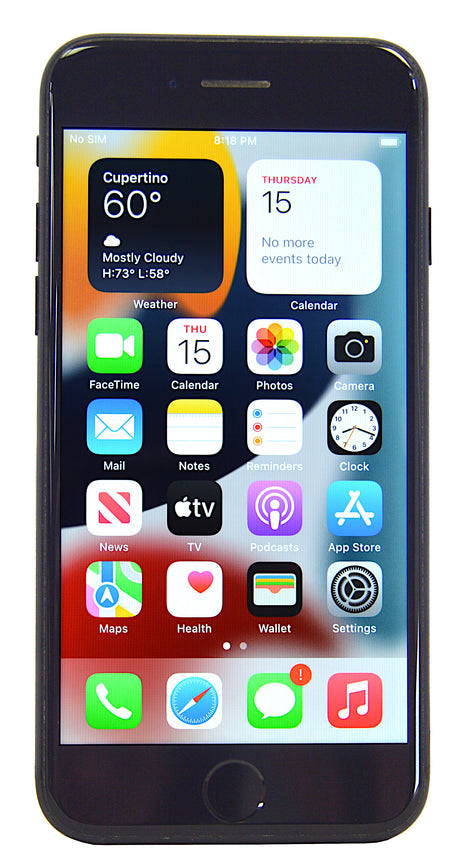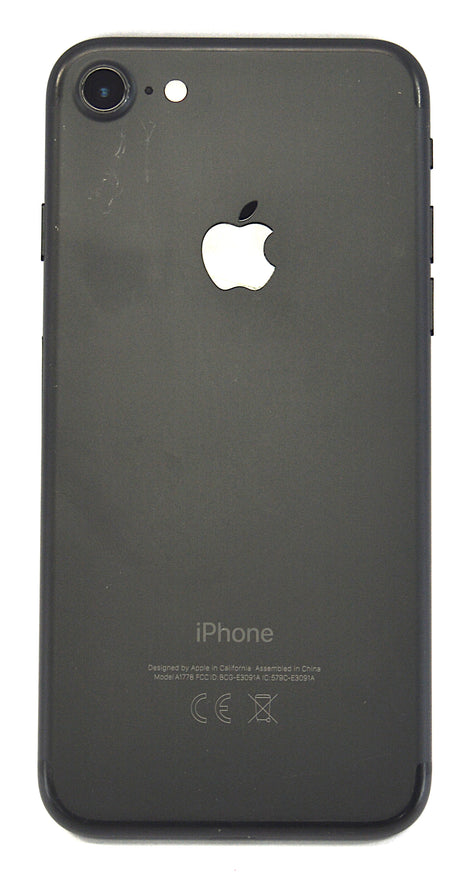Introduction
When it comes to choosing between a laptop and a desktop PC, many factors need to be considered. Both options have their advantages and disadvantages, and the decision ultimately depends on your specific needs and preferences. In this blog post, we will explore the key differences between laptops and desktops to help you make an informed decision.
Portability
One of the main advantages of a laptop is its portability. Laptops are lightweight and compact, allowing you to carry them anywhere you go. Whether you need to work on the go or simply want the convenience of a portable device, a laptop is the ideal choice. On the other hand, desktop PCs are stationary and not designed for mobility. They are best suited for a dedicated workspace where portability is not a priority.
Performance
When it comes to performance, desktop PCs have the upper hand. They are typically more powerful than laptops, with faster processors, larger storage capacity, and better graphics capabilities. If you require high-performance computing for tasks such as gaming, video editing, or graphic design, a desktop PC is the way to go. Laptops, although they have improved significantly in recent years, still cannot match the raw power of desktops.
Upgradeability
Desktop PCs offer greater upgradeability compared to laptops. With a desktop, you have the flexibility to easily replace or upgrade individual components such as the processor, graphics card, or storage. This allows you to keep your system up to date and adapt it to changing needs over time. Laptops, on the other hand, are more limited in terms of upgradability. Most components are integrated into the system, making it difficult or impossible to upgrade them.
Price
Price is often a significant factor when making a purchasing decision. Laptops tend to be more expensive than desktop PCs with similar specifications. This is mainly due to the added cost of portability and compactness. If budget is a concern and you don't require the mobility of a laptop, a desktop PC can offer better value for money. Desktops also have the advantage of easier maintenance and repair, potentially saving you money in the long run.
Conclusion
Choosing between a laptop and a desktop PC ultimately depends on your specific needs and preferences. If portability is a priority and you need a device that you can take with you anywhere, a laptop is the way to go. On the other hand, if you require high-performance computing and greater upgradeability, a desktop PC is the better choice. Consider your budget, intended use, and long-term requirements to make an informed decision. Whichever option you choose, both laptops and desktops have their own unique advantages and can serve you well.
Are you still pondering? Take a look at our Laptops, PCs and Tablets. Please contact us if you need further information or assistance.















